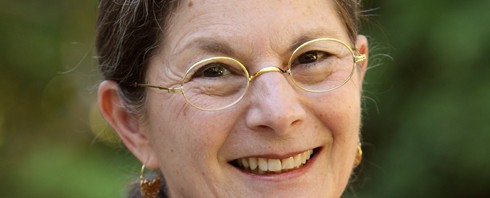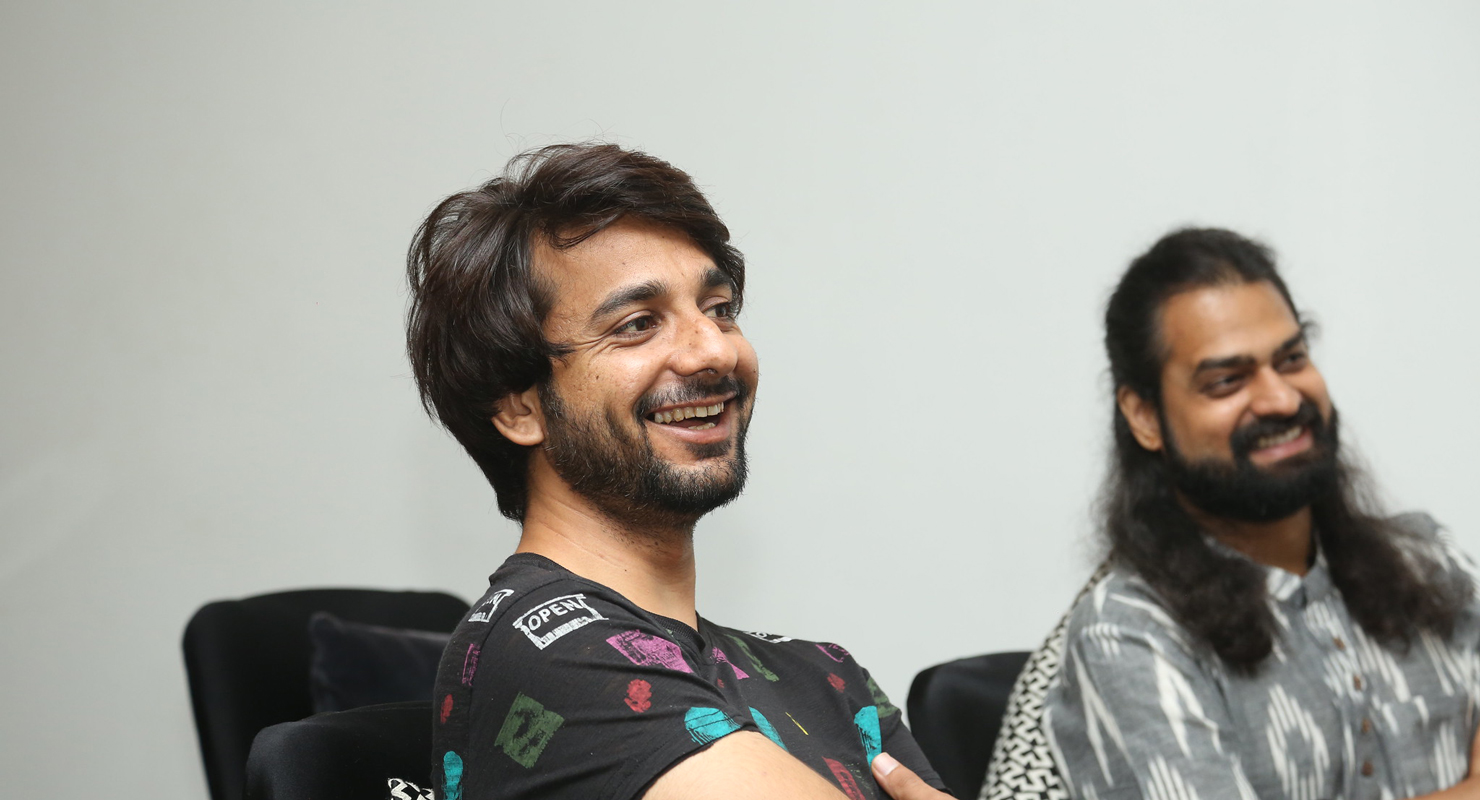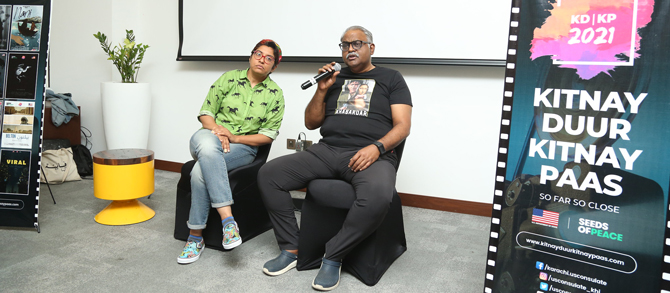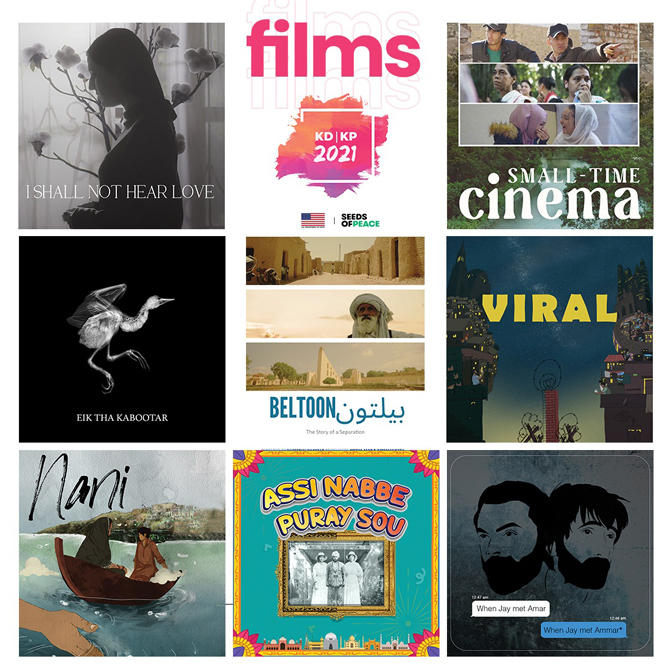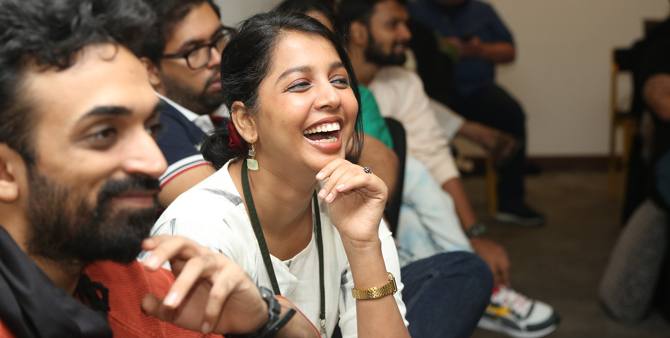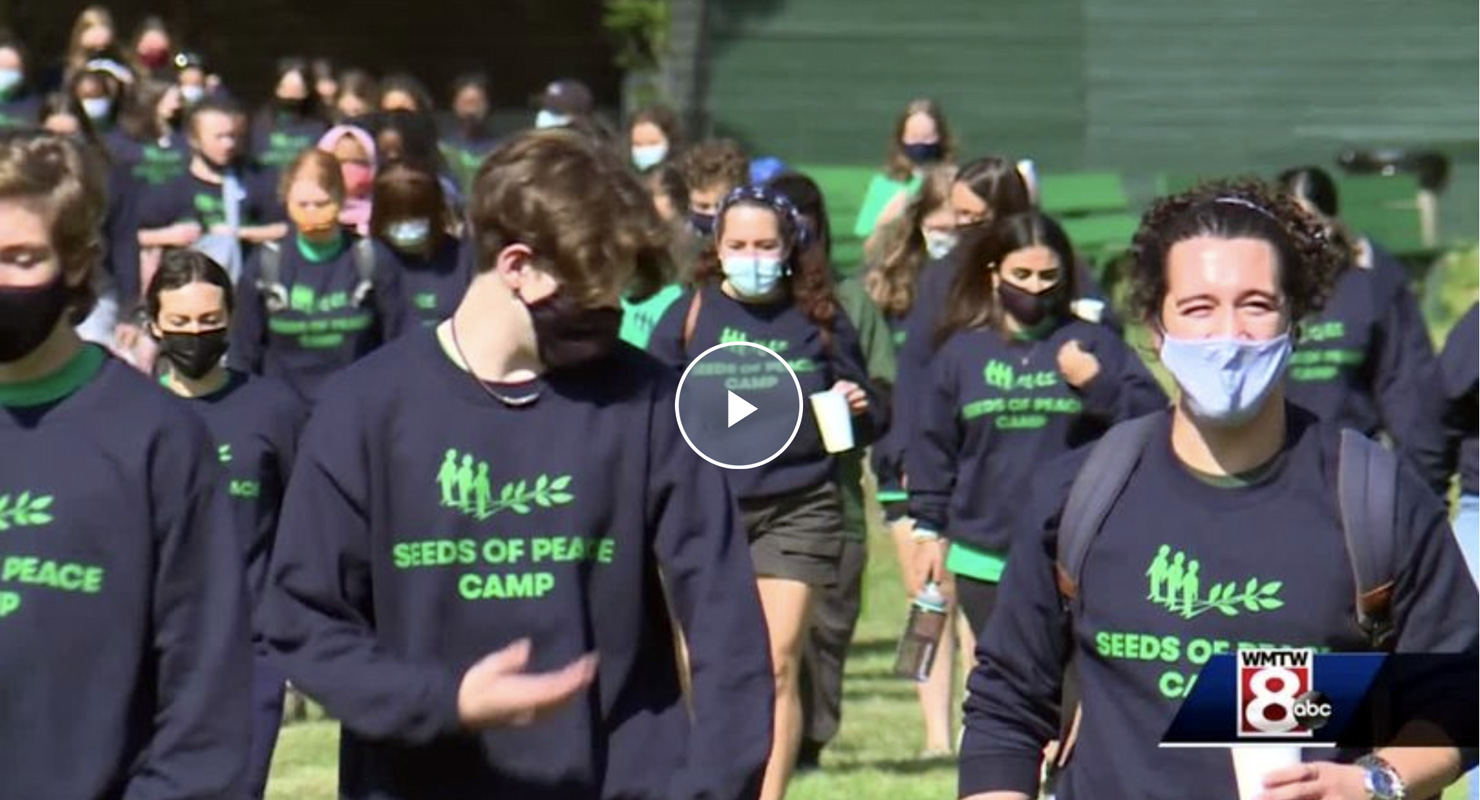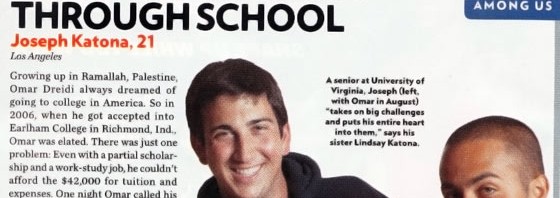OTISFIELD, Maine | A pilot program at Seeds of Peace summer camp came at the exact right time to deal with unrest in the United States this summer.
The program has already been used in Maine for the last 16 years, but this year the camp decided to hold a week long session with students from Maine, Los Angeles, New York City, and Chicago. The second year campers participate in closed dialogue sessions every day for 110 minutes where they discuss a wide range of issues facing the country.
“It helps you to understand like different perspectives about different people and also it helps you to like know about yourself more,” said second year camper Amy Umutoni.
Seeds of Peace was started in 1993 with just Israeli and Palestinian teenagers taking part, but has a much farther reach today. The sessions with daily dialogues consisted of 123 campers, with around 80 being from Maine. Leslie Lewin, Executive Director at Seeds of Peace, is hoping that the week long session will give kids a chance to find their voice while understanding those who have a difference of opinion.
“Meant to give young people an opportunity to engage one another and tackle together some of the most divisive issues facing us right now. Race, gender, economic disparity, educational disparity,” said Lewin.
For more information about Seeds of Peace, click here.



